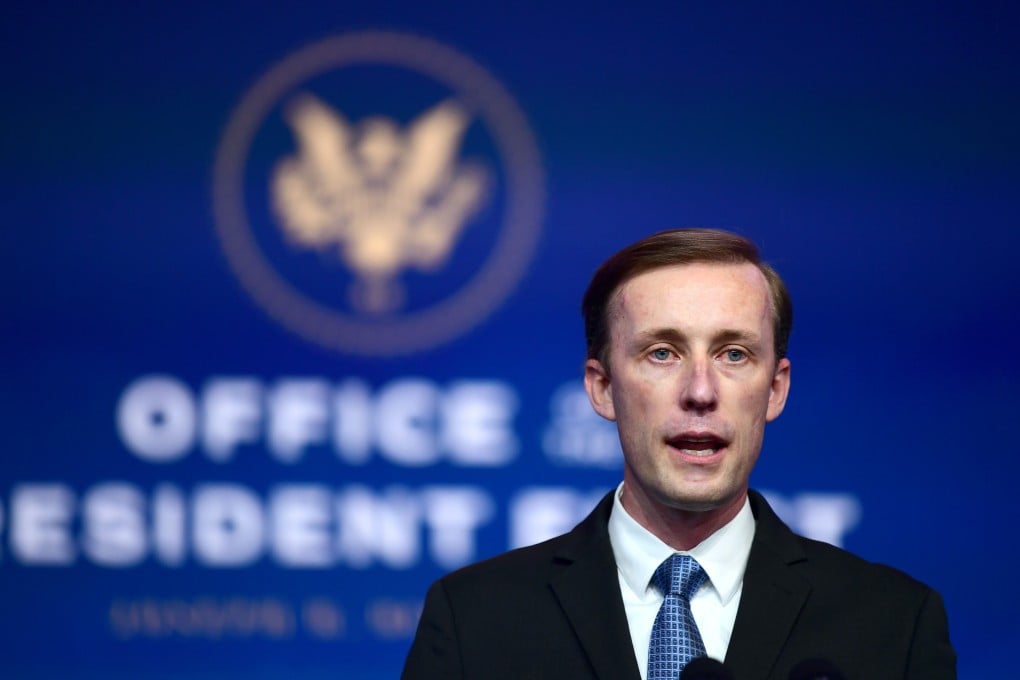China-US trade war: Biden team to tackle EU differences and ‘then take on Beijing’
- In the backwash of China and the EU signing an investment accord, the incoming US government wants leverage to end China’s ‘problematic trade abuses’
- Key Biden adviser says the new administration aims to end the multi-front trade war Trump’s government started

Jake Sullivan, Biden’s national security adviser, told CNN on Sunday that the new administration in Washington would recognise China as a serious strategic competitor to the US.
He also said president-elect Biden would work out the economic differences between the US and its European allies to improve their relations and jointly counter China on multiple fronts, from trade and technology, to the military and human rights.
“The Biden administration’s formulation of ‘strategic competitor’ indicates that he believes the competition with China is comprehensive and long-term competition, which is not only in the economy, but also in ... global influence,” said Tang Xiaoyang, a specialist in international relations at Tsinghua University.
“Therefore, he will not carry forward short-term policies towards China like [US President Donald] Trump did.”